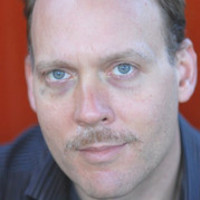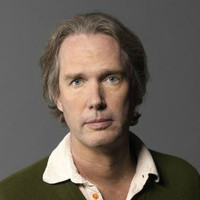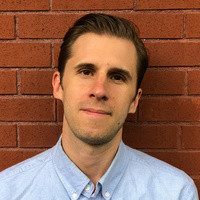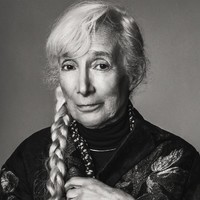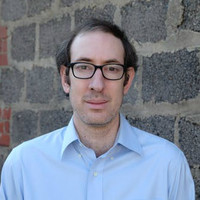Joshuah Bearman is the co-founder of Epic Magazine and a freelance writer. His latest story is "Coronado High."
"People who know me well will realize that parts of this story are actually about me. … It's about loss of innocence and getting to a certain point in your life where you realize the excitement of youth is over. Life at a certain point gets complicated and there are consequences and things get hard. These are people who dealt with those consequences in a way that I never did — they had to go to prison or destroy their friends lives — but that's what I liked about this story. It's a true crime story, but it became universal when I realized that there is this emotional experience that these characters go through that anybody can relate to."
Thanks to TinyLetter and Igloo Software for sponsoring this week's episode.
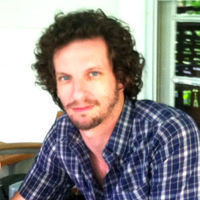

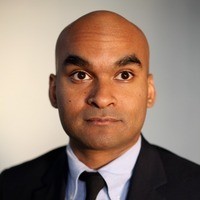
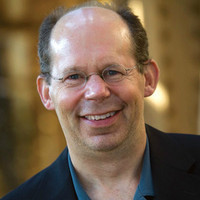


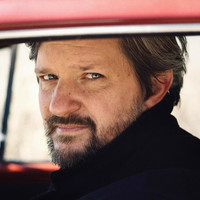



 Our new app for iPhone and iPad is almost here. Subscribe below and we'll let you know when it's available.
Our new app for iPhone and iPad is almost here. Subscribe below and we'll let you know when it's available.
